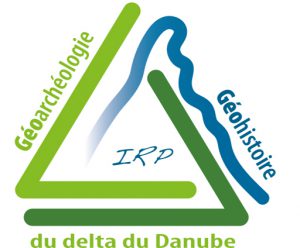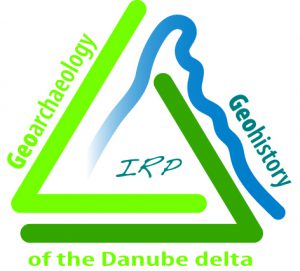Chers lecteurs, nous sommes heureux de vous annoncer la création d’un tout nouveau projet de recherche international et collaboratif entre la France et la Roumanie, intitulé “Géoarchéologie et Géohistoire du delta du Danube“.

Ce projet vient consolider des collaborations déjà établies de longue date entre ces deux pays dans le cadre 1- du Site d’Etude en Ecologie Globale “SEEG Danube” de l’Institut Ecologie Environnement du CNRS et 2- de la Mission “Archéologie du delta du Danube” portée par Laurent Carozza (CNRS UMR 5602 GEODE, Toulouse) et Cristian Micu (ICEM, Tulcea) . Il a pour objet de permettre l’organisation de réunions de travail ou de séminaires, le développement d’activités de recherche communes y compris des recherches de terrain, et l’encadrement d’étudiants.
L’IRP réunit, dans une même équipe, archéologues, géomorphologues, bio-archéologues et géographes dont le but est de constituer un pôle international interdisciplinaire de recherche et de formation à la recherche autour d’une problématique géo-archéologique dans la zone du bas Danube. L’IRP s’articule autour de six centres de recherche français et roumains. Il est porté par le laboratoire GEODE UMR 5602 CNRS-Université Toulouse Jean-Jaurès (France) et l’Université « Alexandru Ioan Cuza » de Iasi, Faculté de Biologie, (Bioarchaeology Research Group) pour la Roumanie. Les équipes de l’UMR 7266 LIENSs (CNRS-Université de La Rochelle), l’Institut d’Archéologie « Vasile Parvan » de l’Académie Roumaine, l’Institut de Recherche Eco-Muséal (ICEM) “Gavrila Simion” de Tulcea et l’Université de Bucarest ( le Département d’Histoire Antique, Archéologie et Histoire de l’Art de la Faculté d’Histoire et la plateforme « ArchaeoSciences#RO ») participent à ce programme.
Ce blog scientifique nous permettra de communiquer et de dialoguer avec vous, en temps réel, sur nos activités de recherche et l’actualité en lien avec nos travaux. Nous veillerons à illustrer nos billets.
Au plaisir de vous retrouver sur nos pages ?.

